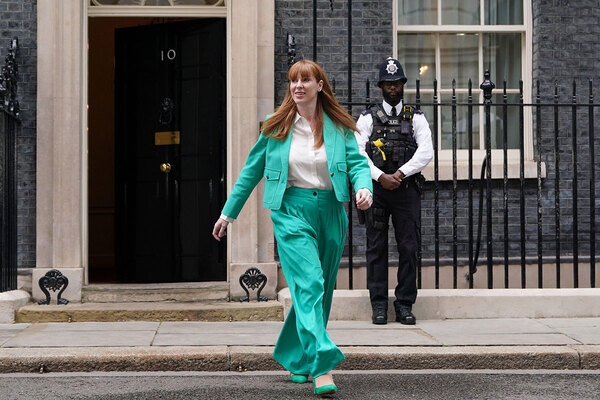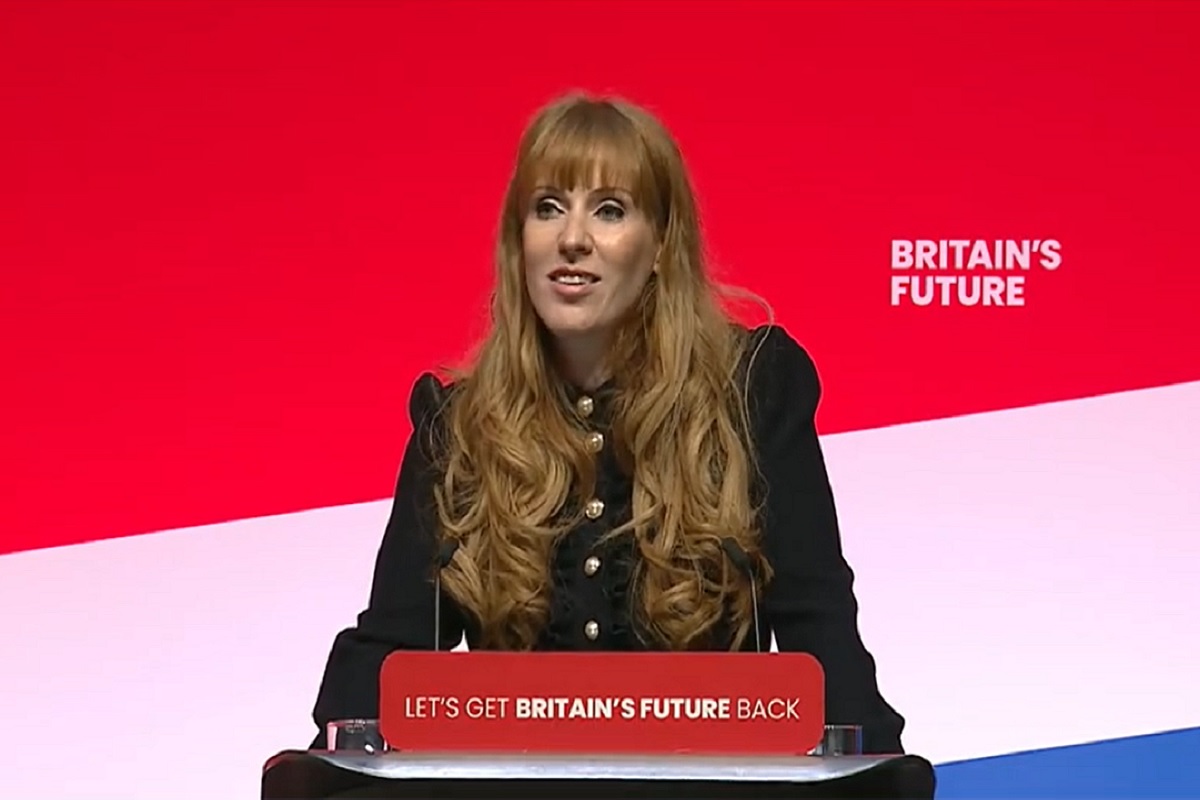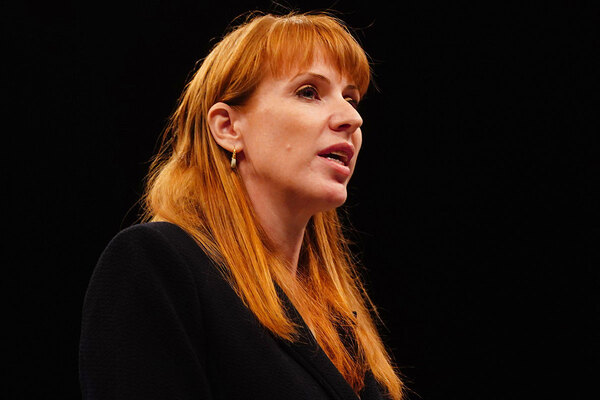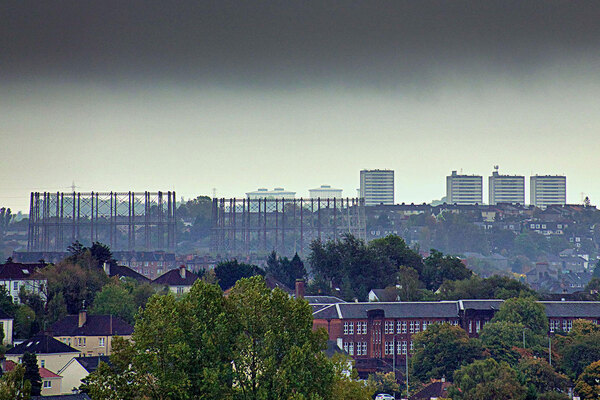Who is new housing secretary Angela Rayner?
Angela Rayner, a former trade union representative who grew up in social housing, has been named secretary of state for housing, communities and local government. Who is she? James Riding reports
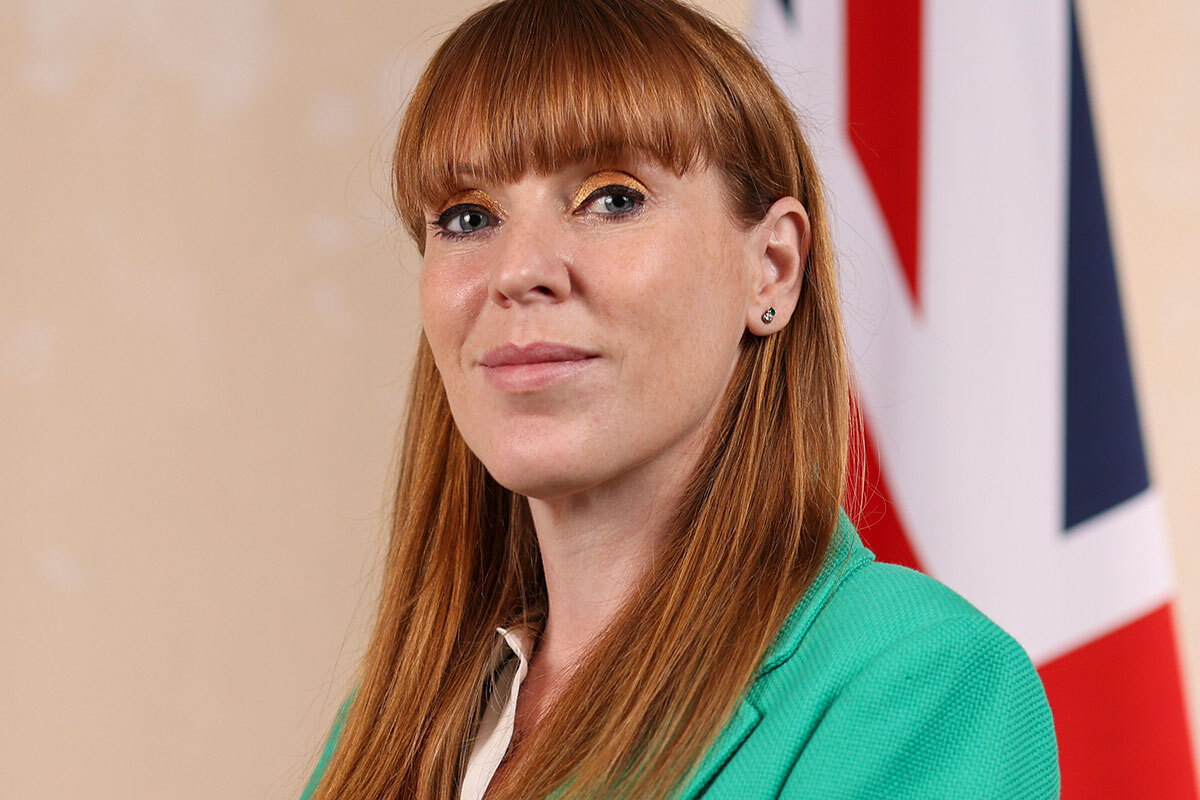
After 14 years, the UK has a Labour housing secretary. Angela Rayner took over the Department for Levelling Up, Housing and Communities on Friday – and quickly reverted it to its previous title, the Ministry of Housing, Communities and Local Government.
Ms Rayner, who has also been made deputy prime minister, is a central figure in Sir Keir Starmer’s cabinet alongside chancellor Rachel Reeves, so you might think you already know a lot about her.
But buried in 44-year-old Ms Rayner’s career and extraordinary life story are several clues as to what the sector can expect from her time in charge of housing.
Background
Ms Rayner grew up in social housing on a council estate in Stockport. At the age of 10, she became a carer for her mother, who has bipolar disorder and cannot read or write.
Her family was desperately poor. “We never had a Sunday roast,” she told The Times in 2021. “Birds Eye beef and gravy, boil in a bag, with Smash was the closest we got.”
On the council estate, she said, “there were levels of superiority. We were the lowest. It taught me structures and it taught me about people.”
Ms Rayner’s mother’s mental illness meant she was not motivated to play with her or her two siblings. “We were feral,” she said. Her mother made several suicide attempts, but Ms Rayner “just dealt with it”.
“The abuse, the neglect, the circumstances of my childhood, I grew up thinking that’s normal.”
Ms Rayner became pregnant at 15 and left school with no qualifications a year later. She was thrown out of the home by her father and got a job as a care worker at Stockport Council to feed her son.
The turbulence of her early years has helped her to thrive in rowdy, divisive Westminster, but not without claiming a personal price. “I can’t be loved because I never have been,” she said. “There’s something quite sad about that.”
From her job at Stockport Council, Ms Rayner was elected as a trade union officer at Unison. She eventually rose to convenor of Unison North West, becoming the union’s most senior official in the region and representing 200,000 workers.
Parliamentary career
Ms Rayner became the first-ever female MP for Ashton-under-Lyne in the 2015 general election. She quickly rose through the Labour Party ranks, becoming an opposition whip and shadow pensions minister.
In 2016, she became shadow women and equalities minister and then the third shadow education secretary in a week, after a series of resignations from MPs who were unhappy with Jeremy Corbyn’s leadership.
In 2020, she stood for and won the elected role of deputy leader of the Labour Party under new leader Sir Keir. Early the following year, Sir Keir tried to move her to a more junior role, but she refused. “I hold my ground about everything,” she said. “It wasn’t about Keir; it’s just how I am.”
She has held the shadow housing brief within Labour since September 2023, when she took over from Lisa Nandy.
In March, a book alleged that Ms Rayner had misled tax officials in the sale of her council house under the Right to Buy in 2007, eight years before she became an MP.
In May, Greater Manchester Police and Stockport Council said they would take no action against her. HM Revenue & Customs also said that Ms Rayner did not owe any capital gains tax and thus no action would be needed.
Views on housing
Asked on The Rest is Politics podcast if there was one thing she would want to be remembered for as a government minister, Ms Rayner said: “Council houses.”
“I’m going to build the next wave of social and council houses. Nice ones. Green ones. Ones you want to live in.”
At last year’s Labour Party Conference, Ms Rayner pledged to deliver “the biggest boost in affordable and social housing for a generation”.
Ms Rayner also pledged to prevent house builders “wriggling out” of their Section 106 affordable housing obligations, by introducing an expert unit to give councils and housing associations advice on negotiating with developers.
She said Labour would publish guidance that would effectively restrict developers to challenging Section 106 rules only if there were genuine barriers to building homes.
In May, she set out the Labour Party’s plans for a new generation of new towns with a gold-standard target of 40% affordable homes, including a mix of social, council and other tenures.
Speaking at the UKREiiF development conference in Leeds, Ms Rayner said: “We will make the Affordable Homes Programme more flexible so that every penny gets out the door.
“And we will work with local leaders – who know their areas best – to ensure these funds are used more effectively.”
She added: “We’ll end the medieval leasehold system, with root-and-branch reform, and we will build the houses that the next generation so desperately needs.”
Housing also featured prominently in Labour’s general election manifesto. The party committed to planning reform and 1.5 million new homes.
Ms Rayner has also said she would “immediately” ban Section 21 ‘no-fault’ evictions for private landlords, a pledge that the Conservatives failed to accomplish after five years in office.
In 2023, she spoke to a landlord on radio station LBC who was worried about Labour’s plan to abolish Section 21 evictions. “Would you straight away abolish Section 21?” he asked.
“Yes, I would,” Ms Rayner replied.
“That scares a lot of landlords,” he said.
“I know, but I’m just being honest with you,” she said. “But I do hear that the courts system is in a mess at the moment and we need to sort that out as well.
“But on balance, Section 21 is causing misery for a lot of people because it is used to turf people out without any explanation or excuse.”
Sign up for our daily newsletter
Already have an account? Click here to manage your newsletters
